In a major contribution to the field of translational aging research, Envol Biomedical is proud to have played a role in the most comprehensive study to date on the lifespan and healthspan of nonhuman primates (NHPs) commonly used in biomedical science. The paper, titled “Comparative lifespan and healthspan of nonhuman primate species common to biomedical research,” was published by the National Library of Medicine and is now a foundational resource for investigators working at the intersection of primate models and human aging.
This peer-reviewed study—now indexed in Geroscience—brings together the collaborative efforts of over 25 institutions and experts, including key contributors from Envol Biomedical, and represents analysis across more than 12,000 adult NHPs from 12 species. A secondary dataset includes more than 32,000 primates studied for comprehensive survival analysis. The research is groundbreaking in its use of sex-specific Kaplan-Meier survival curves, and in its ability to reflect not just lifespan, but healthspan metrics more accurately aligned with biomedical reality.
Advancing Healthspan Metrics for Biomedical Research
At the core of this effort is a goal Envol shares: to improve the precision of translational models that guide human health outcomes. As aging research continues to drive discoveries in longevity, neurodegeneration, and chronic disease, clear benchmarks for age equivalency across species are critical. This work offers the most detailed lifespan distributions ever compiled for commonly used primates like rhesus macaques, cynomolgus macaques, vervet monkeys, marmosets, and chimpanzees.
A particularly important insight from the study is the sex-based survival disparity among certain species—especially macaques—which has broad implications for research design, drug development, and comparative pathology. Furthermore, by accounting for the humane euthanasia protocols that influence how primates are aged out of studies, the team has created a more realistic portrait of healthspan under typical research conditions.
Envol’s Role in Shaping Translational Aging Science
“This research advances the field by enabling more biologically meaningful comparisons between nonhuman primate and human aging trajectories,” said Jacob McDonald, CEO of Envol Biomedical. “We’re proud that our team contributed to a study of this scale and scientific integrity—one that will shape protocols and priorities across aging, toxicology, and neuroscience research.”
The publication is already proving to be a valuable resource for academic institutions, CROs, government research labs, and pharmaceutical companies that rely on NHPs for translational insights. It supports better forecasting of study durations, improves alignment between species when modeling age-related disease, and deepens our understanding of longevity science in a comparative biology context.
For a company like Envol Biomedical—committed to refining translational models and driving preclinical innovation—this publication is a reflection of its deep scientific integration and trusted role in collaborative research.
🧬 Read the full article on PubMed
📈 For more on how Envol supports aging and NHP-based translational research, contact our team.

